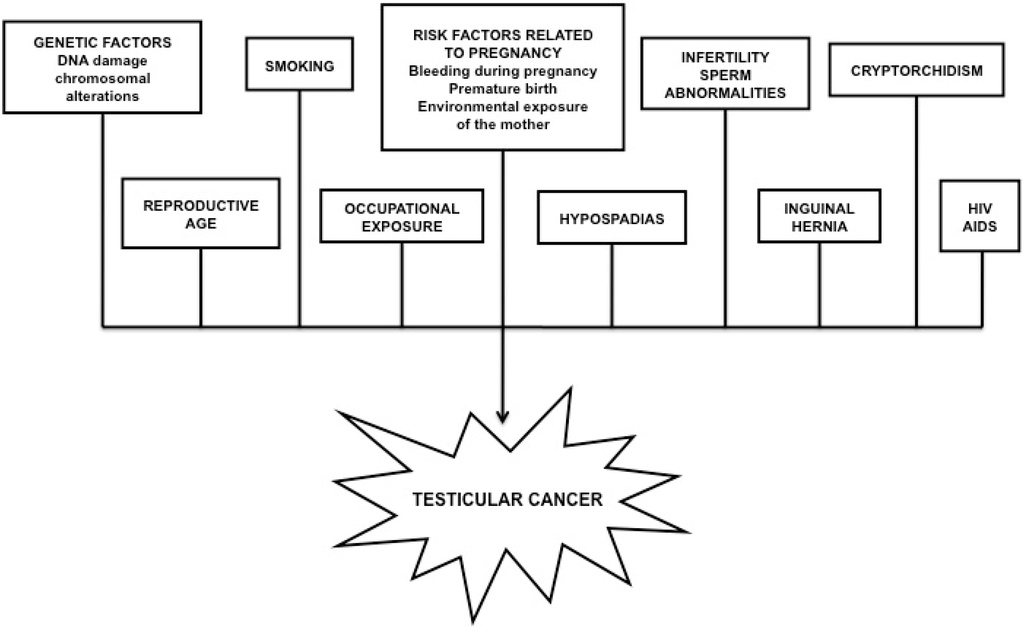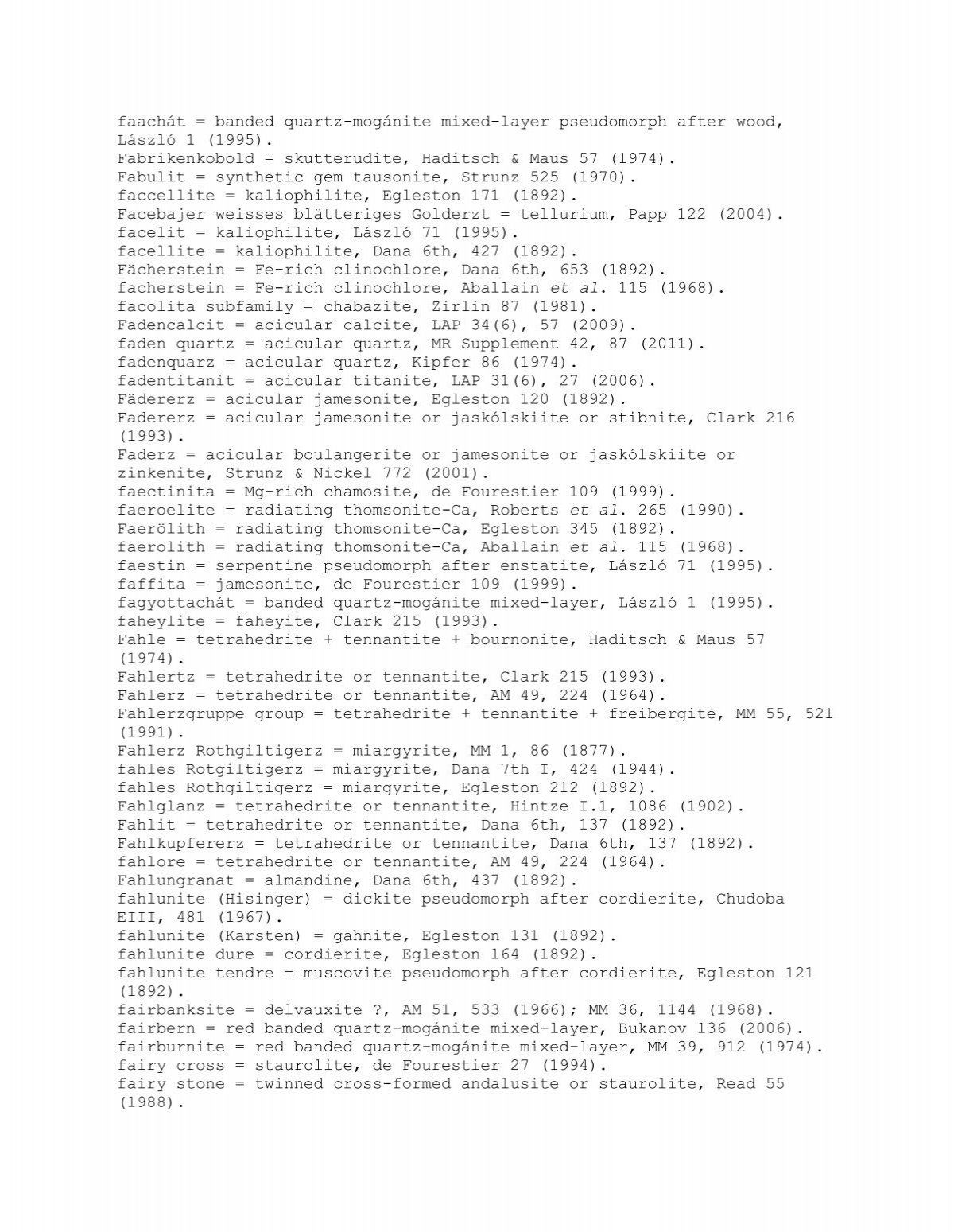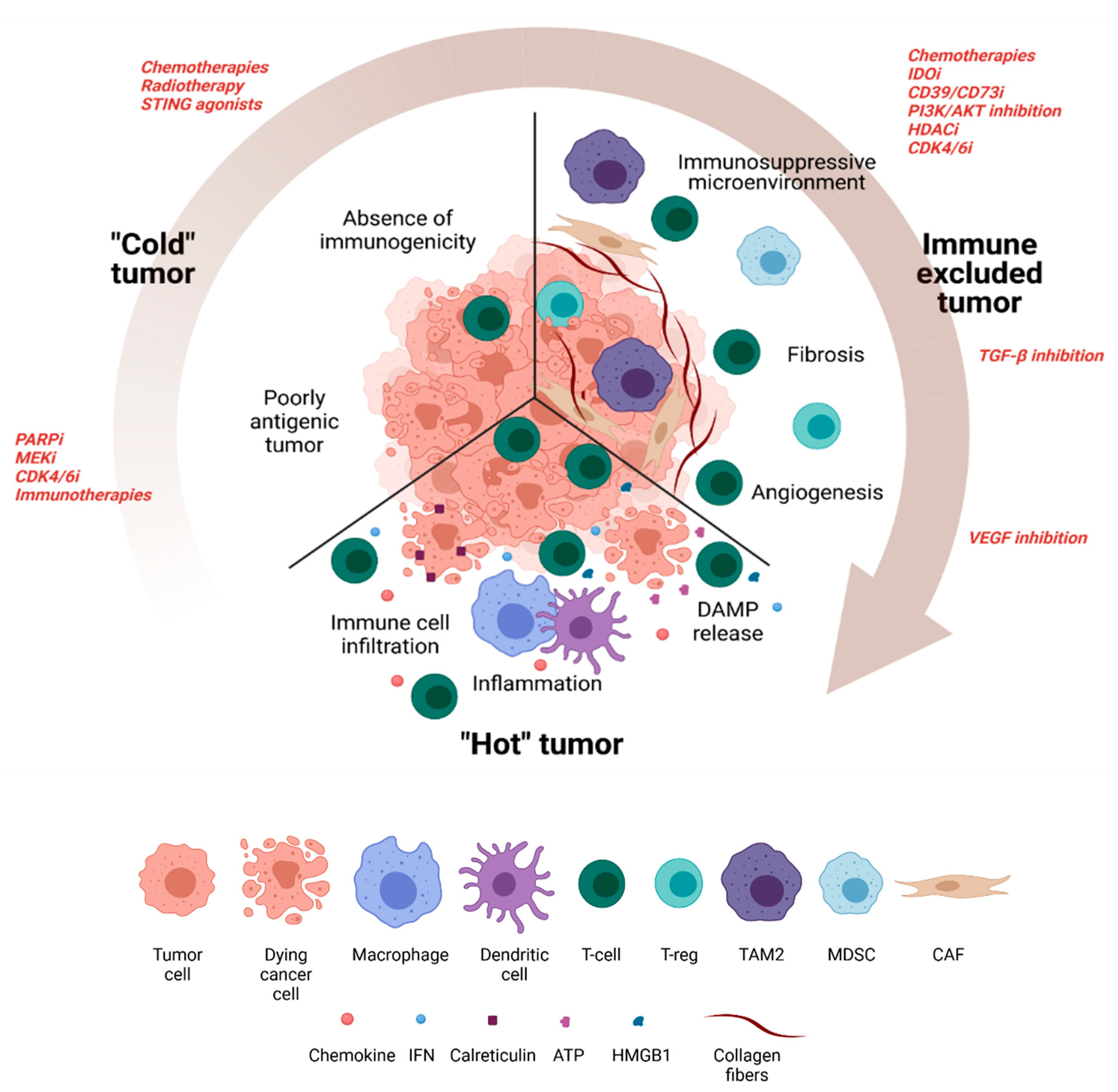Despite a few cases of long-responder patients, immunotherapy with anti-PD-(L)1 has so far proved rather disappointing in monotherapy in metastatic breast cancer, prompting the use of synergistic therapeutic combinations incorporating immunotherapy by immune-checkpoint inhibitors. In addition, a better understanding of both the mechanisms of sensitivity and resistance to immunotherapy, as well as the immunological effects of the usual treatments for breast cancer, make it possible to rationally consider this type of therapeutic combination. For several years, certain treatments, commonly used to treat patients with breast cancer, have shown that in addition to their direct cytotoxic effects, they may have an impact on the tumor immune microenvironment, by increasing the antigenicity and/or immunogenicity of a “cold” tumor, targeting the immunosuppressive microenvironment or counteracting the immune-exclusion profile. This review focuses on preclinical immunologic synergic mechanisms of various standard therapeutic approaches with anti-PD-(L)1, and discusses the potential clinical use of anti-PD-1/L1 combinations in metastatic or early breast cancer.

4. Cancer Comorbidities and Complications: An Ever-Growing

It's Not Just Pink - Take Charge of Your Health to Maintain a

Beyond Meat's plunging results are not the final blow for plant

Circulating cell-free DNA for cancer early detection - ScienceDirect

IJMS, Free Full-Text

Cancers, Free Full-Text, mdpope 3

Cancers, Free Full-Text, scp 666 1/2 j

Navya Care - National Cancer Awareness Day is observed on 7th

Cancer-Free, Third Edition: Your Guide to Gentle, Non-toxic







:quality(80)/sperandi/catalog/api/sperandi_integrac/62bc629e16f91.jpg)




